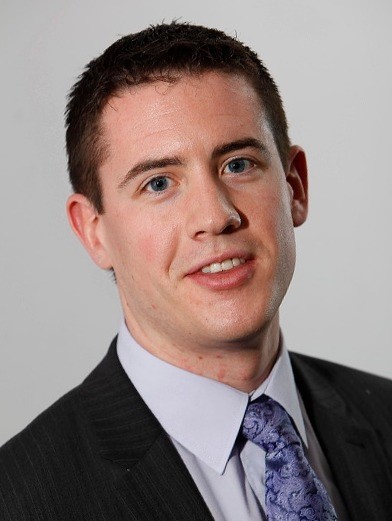Scottish Labour highlights ‘shameful’ mental health and homelessness link

Mark Griffin
The number of people with mental health problems assessed as homeless or at risk of it has almost doubled since 2013-14, according to new statistics.
Analysis by Scottish Labour of the Scottish Government’s 2020-21 report on Homelessness in Scotland showed that measures introduced during the pandemic to prevent homelessness had a limited impact on the number of people with mental health problems assessed as homeless or at risk of homelessness, and failed to reverse the long-term upward trend.
While the total number of households assessed as homeless or at risk of it fell by 8% compared to 2013-14, the figure for those with mental health problems saw a shocking 90% increase.
The figures also show mental health is now one of the biggest causes of homelessness, with mental health reasons being given in almost quarter of cases.
Support needs identified for households assessed as homeless or threatened with homelessness: 2013-2014 to 2020-2021 (Source: Homelessness in Scotland: 2020 to 2021)
|
| 2013-14 | 2014-15 | 2015-16 | 2016-17 | 2017-18 | 2018-19 | 2019-20 | 2020-21 |
| All assessed as homeless | 29,809 | 29,852 | 28,610 | 28,775 | 29,384 | 30,268 | 31,581 | 27,571 |
| Number with mental health problem | 3,899 | 4,272 | 4,934 | 5,676 | 6,781 | 7,499 | 8,404 | 7,397 |
| % with mental health problem | 13% | 14% | 17% | 20% | 23% | 25% | 27% | 27% |
Reasons for failing to maintain accommodation prior to application, as a proportion of those answering this question: 2013-2014 to 2020-2021 (Source: Homelessness in Scotland: 2020 to 2021)
|
| 2013-14 | 2014-15 | 2015-16 | 2016-17 | 2017-18 | 2018-19 | 2019-20 | 2020-21 |
| All completing this question | 100% | 100% | 100% | 100% | 100% | 100% | 100% | 100% |
| Criminal/ anti-social behaviour | 14% | 13% | 13% | 12% | 13% | 13% | 13% | 13% |
| Difficulties managing on own | 7% | 8% | 8% | 8% | 8% | 10% | 8% | 7% |
| Drug/ alcohol dependency | 14% | 16% | 15% | 14% | 14% | 13% | 13% | 13% |
| Financial difficulties/ debt/ unemployment | 20% | 17% | 16% | 16% | 18% | 19% | 18% | 14% |
| Lack of support from friends/ family | 15% | 18% | 18% | 20% | 21% | 23% | 21% | 25% |
| Mental health reasons | 13% | 17% | 18% | 20% | 23% | 25% | 26% | 24% |
| Not to do with applicant household | 47% | 43% | 45% | 45% | 43% | 44% | 44% | 46% |
| Physical health reasons | 5% | 8% | 8% | 8% | 9% | 10% | 9% | 8% |
| Unmet need for support from housing/ social work/ health services | 3% | 4% | 4% | 4% | 4% | 6% | 5% | 5% |
| Refused | 1% | 3% | 3% | 2% | 1% | 1% | 1% | 2% |
Scottish Labour’s housing spokesperson Mark Griffin said: “These shameful figures are a damning indictment of both mental health and homelessness policy over recent years.
“Some of the most vulnerable people in Scotland are being systematically failed by inadequate mental health support, and here we see the most extreme consequences of that.
“Understanding and improving mental health must be embedded into every part of government, including housing.
“With the evictions ban being effectively scrapped, it is more important than ever that the Scottish Government has a plan to prevent homelessness and get people the support they need.”









